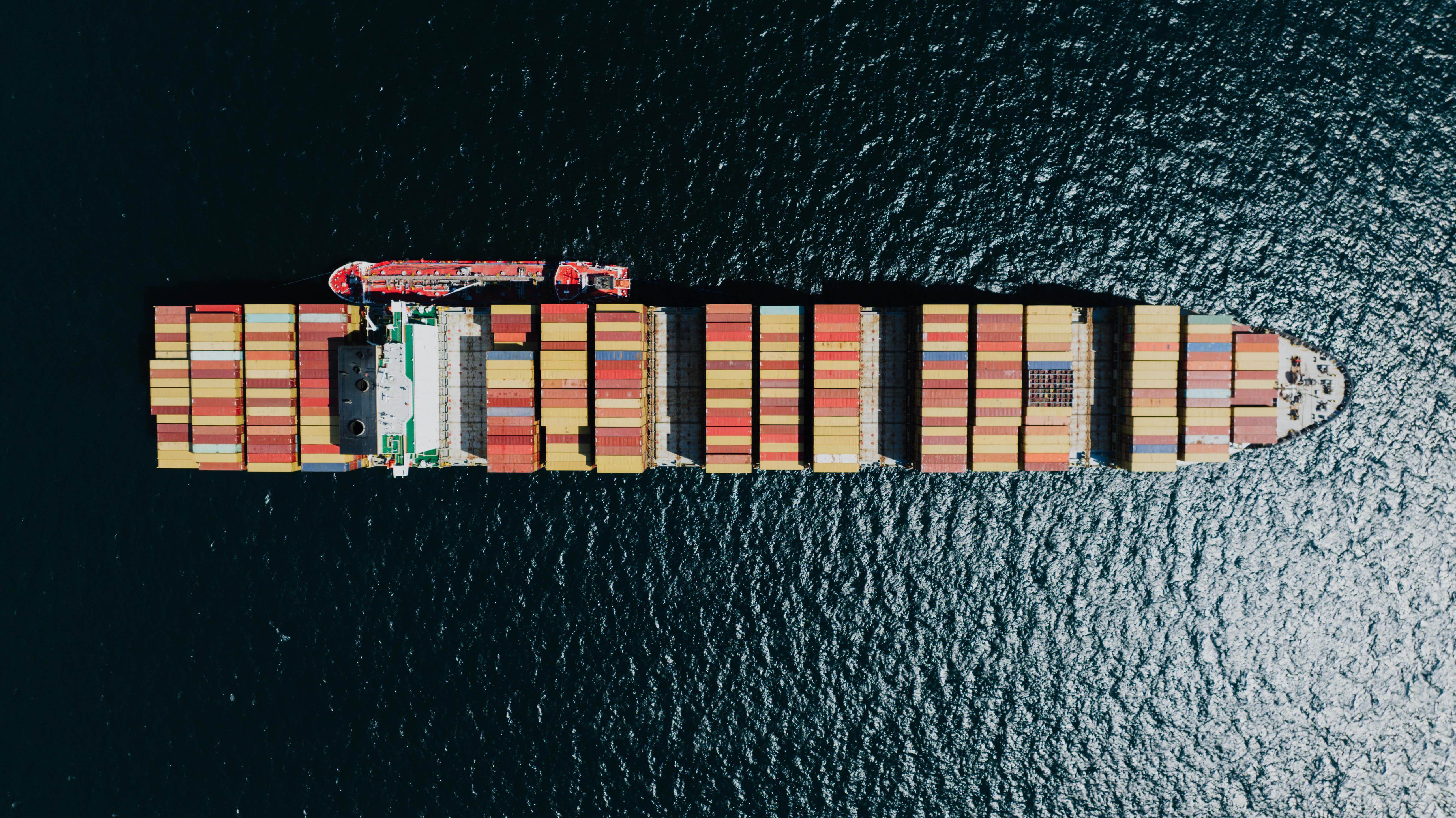Building a resilient global supply chain involves risk management, technology adoption, collaboration, workforce development, and sustainability. These strategies ensure supply chains can withstand disruptions and adapt to changing conditions, maintaining operational continuity and competitive advantage.


In today's interconnected world, global supply chains face unprecedented challenges. Disruptions can arise from geopolitical tensions, natural disasters, or pandemics, making resilience a critical component for sustained success. A resilient supply chain not only withstands shocks but also adapts and thrives in the face of adversity.
To build resilience, organizations must first identify potential risks. This involves conducting comprehensive risk assessments to understand vulnerabilities across the supply chain. **_Diversification of suppliers_** is crucial, ensuring that dependency on a single source does not become a liability. Additionally, developing contingency plans and maintaining strategic stockpiles can mitigate the impact of unforeseen disruptions.
Technology plays a pivotal role in enhancing supply chain resilience. Implementing advanced analytics and real-time monitoring systems provides greater visibility across the supply chain. These tools enable proactive decision-making, allowing businesses to anticipate and respond to potential disruptions swiftly.
Building a resilient supply chain requires collaboration among all stakeholders. Establishing strong relationships with suppliers, logistics providers, and customers fosters a collaborative environment. This cooperation ensures that all parties are aligned in their objectives and can work together to overcome challenges.
A skilled and adaptable workforce is essential for a resilient supply chain. Continuous training and development programs equip employees with the necessary skills to manage disruptions effectively. Encouraging a culture of innovation and flexibility within the workforce further strengthens the supply chain's ability to adapt to changing circumstances.
Sustainability is increasingly becoming a key component of resilient supply chains. By adopting environmentally friendly practices, organizations not only reduce their carbon footprint but also enhance their reputation and customer loyalty. Sustainable practices can include optimizing transportation routes, reducing waste, and sourcing materials responsibly.
Digital transformation is a cornerstone of modern supply chain resilience. Embracing technologies such as blockchain, artificial intelligence, and the Internet of Things (IoT) can streamline operations and enhance transparency. These technologies provide real-time data, enabling organizations to make informed decisions and quickly adapt to changes in the supply chain landscape.